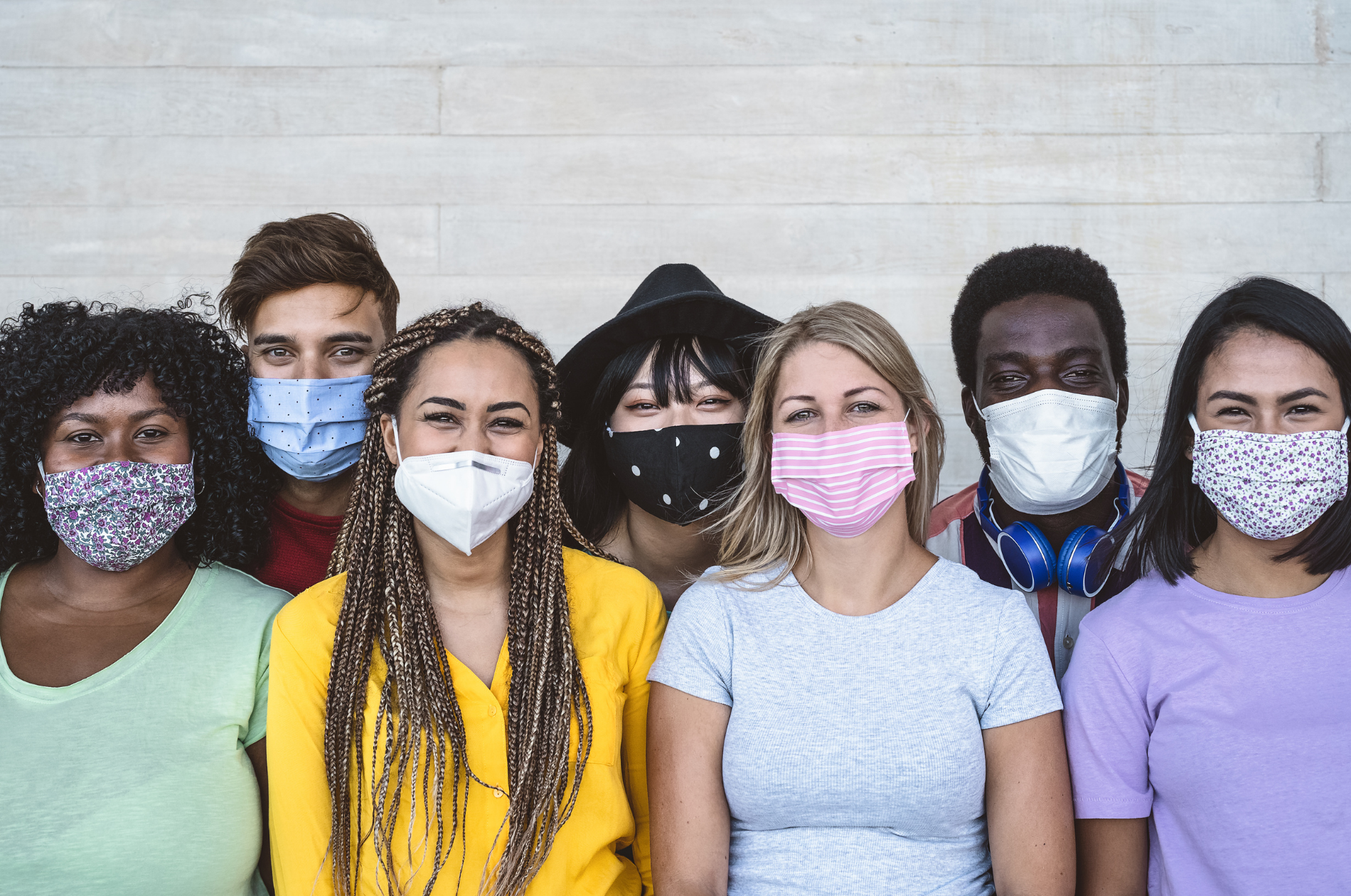Volunteers are vital. How does a human challenge trial ensure their safety?
Ethics, safety, and the participant experience.
Volunteers are a vital part of every clinical study. The participant experience and participant safety are the most important parts of study design. Human challenge trials are no different.
Since participants are guaranteed to be exposed to an illness, human challenge trials must meet additional requirements to ensure the study will be ethical and safe.
The disease being studied must meet specific criteria for the safety of the participants. The team conducting the trial must clearly show why this kind of study is needed, explain what they aim to learn and how it will have a meaningful impact, and outline how they will manage participant safety and wellbeing. Regulators only approve the study if these conditions are met.
“Because of the way these trials are designed and regulated, the level of risk is comparable to a standard clinical trial.”
No study involving people can be completely risk-free, but there are measures that human challenge trials put in place to minimize risk and make the study as safe as possible. Because of the way these trials are designed and regulated, the level of risk is comparable to a standard clinical trial.
Minimizing risk and managing participant comfort
In any clinical study, managing participant safety and making sure participants are as comfortable as possible should be at the forefront. Ensuring participants are adequately informed and cared for and that each participant’s rights are protected is at the core of ethical research involving people.
Here are some of the ways that a human challenge trial is designed to protect the participants, ensuring physical, mental and emotional safety and upholding high ethical standards.
The trial only allows participants who meet specific requirements.
The diseases selected for human challenge trials must not pose a serious risk to the participants. This is achieved by careful selection of the variant being tested, and by careful selection of participants.
Challenge trials only recruit participants who aren’t at risk of serious or severe complications from the infection or treatments. This typically excludes the elderly or very young.
Human challenge trials only recruit healthy participants who are not at risk of any serious or severe complications from the infection or treatments. Participants must also not be from a vulnerable population (those who can have a harder time fighting off disease, such as the immunocompromised, the very old, or the very young).
For example, a study might only recruit participants aged 18-40 if the disease in question doesn’t usually result in serious illness for that age group. It might exclude people who can become pregnant and aren’t using effective birth control if the disease can be passed on to a fetus during pregnancy.
Researchers make sure that participants only develop mild symptoms and receive effective treatment.
Human challenge trials are only considered for infectious diseases that begin soon after exposure. They also need to be diseases that can be quickly, easily, and accurately detected and treated using available medications.
Like a hospital stay, participants in human challenge trials are closely monitored for symptoms. Healthcare support is available around the clock if needed for any reason.
To make sure symptoms are mild:
the pathogen participants are exposed to may be a strain that only causes mild illness
the amount of pathogen participants are exposed to may be limited, and
there must be a highly effective treatment that can clear the infection before symptoms become serious.
The variant of the disease that participants are exposed to in a challenge study is carefully selected and is thoroughly studied and tested. This is to ensure treatments will be effective and that only the intended pathogen and dosage is given.
Human challenge trials typically take place in inpatient facilities designed to contain infectious diseases. Like a hospital stay, participants are closely monitored for symptoms, and healthcare workers and equipment are available around the clock if they are needed for any reason. This includes mental health support.
Managing participant experience is important, too.
Any research involving people must meet strong ethical standards to protect those taking part.
Human challenge trials only involve informed, consenting participants. This means that all volunteers:
Informed consent is crucial to an ethical clinical study. Volunteers must understand what they are being asked to do, before agreeing to take part.
are fully informed of risks
understand what they are asked to do as part of the study, and
know that they can decide to stop taking part at any time.
The trials use naturally occurring diseases that normally infect humans. This means the researchers know what symptoms to expect. They can plan for ways to ease symptoms and make the participants as comfortable as possible.
Each trial is carefully monitored throughout and can be called off if there are any safety concerns.
Safety during human challenge trials is regulated and monitored by a committee that includes experienced researchers. An ethics review committee also oversees the study practices throughout to ensure that the participants are treated appropriately. The members of these committees are not connected to the study in any way. They can halt or cancel the study at any time if they determine that there are any ethical or safety concerns and have the ultimate authority to do so without needing agreement from the research team.
What is it like participating in a challenge study?
Human challenge trials often take place in specialized inpatient facilities like CCfV's Challenge Unit, pictured here.
Human challenge trials on contagious diseases mostly take place in specially designed facilities to contain infection and prevent the disease from being passed to other people. Volunteers may spend days to weeks in these units as part of the study. Despite the potential mild symptoms and isolation, thousands of people have volunteered for challenge studies.
Volunteers in human challenge trials are reimbursed for their time spent in the unit. After they leave the inpatient part of the study and can go about their daily lives, they still return periodically for check-up visits. Participants are reimbursed for those, as well. This helps make it easier for participants to step away from their regular commitments to participate in the study. Many volunteers decide to participate because they know that they are helping others. They are encouraged knowing that the studies help improve treatments for illnesses that have an impact on their loved ones, in their communities or around the world.
“Some past participants in human challenge trials have used their time in the facilities to do remote work. Others have used the time to step away from their usual responsibilities. ”
Some past participants in human challenge trials have used their time in the facilities to do remote work.
Some past participants in human challenge trials have used their time in the facilities to do remote work. Others have used the time to step away from their usual responsibilities. Within the units, participants don’t have to worry about cooking meals or doing laundry. They can bring items from home and spend their time however they want between scheduled lab tests during the day. Some units are set up with high-speed internet and TVs.
While participants are in the challenge trial facilities, their stay is made as comfortable as possible. Despite a short period of feeling under the weather, some past volunteers have even described their experience as a kind of vacation.
Watch video interviews with past human challenge trial participants here.
Volunteers are Vital
Volunteers are a vital part of every clinical study, and human challenge trials are no different.
Thousands of people have volunteered for human challenge trials around the world. Their participation has made a difference – and yours can, too. To learn more about participation in a challenge trial at CCfV, visit our participation page.






